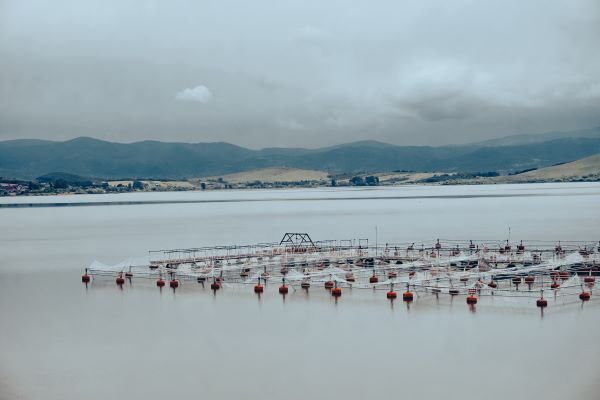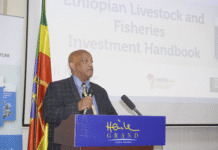Aquaculture has become an increasingly important industry in Africa in recent years. As populations continue to grow and demand for seafood rises, sustainable fish farming practices are crucial for meeting the needs of people and the environment. Here’s why and how the seafood sector must expand in Africa.
Background on Aquaculture in Africa
People have been practicing aquaculture in Africa for centuries, but it has only recently begun to gain widespread recognition as a viable source of food and income. According to experts, Africa’s fish production has grown more than 11% yearly since the 2000s.
Currently, freshwater fish such as tilapia and catfish make up most of Africa’s aquaculture production. However, marine species such as oysters and mussels are also becoming increasingly popular. In addition to providing food and income, aquaculture offers employment opportunities and reduces poverty in rural areas.
5 Ways to Develop Sustainable Aquaculture in Africa
There are several ways to develop sustainable aquaculture in Africa so the industry can thrive and grow:
- Invest in infrastructure and technology: African countries must invest in infrastructure and technology such as automatic fish feeders, fish hatcheries, processing facilities and equipment to support large-scale aquaculture operations.
- Encourage responsible land and water use: Governments and private sector organizations should work together to ensure land and water resources are used responsibly and sustainably. This can include setting aside protected areas and implementing regulations to limit pollution and habitat destruction.
- Promote native species: Using native species in aquaculture can help minimize the potential negative impacts on local ecosystems. It avoids introducing invasive breeds that can overtake local seafood sources and destroy habitats.
- Foster public-private partnerships: Private sector organizations can play a critical role in promoting sustainable aquaculture in Africa. Public-private partnerships can provide the necessary funding and expertise to support the development of sustainable practices.
- Provide education and training: It is essential to provide education and training for farmers and other professionals in the field to support the growth of the African aquaculture industry.
Challenges to Sustainable Aquaculture in Africa
Despite its potential benefits, there are several challenges to developing sustainable aquaculture in Africa. Issues include water quality, fish health and market access.
1. Lack of Facilities and Equipment
Many African countries need more facilities and equipment to support large-scale aquaculture operations, and there is a need for more skilled professionals in the field. This can make it difficult for farmers to sell their products and for consumers to access fresh, locally sourced fish and other aquatic products.
2. Shortage of Suitable Resources
Another challenge is the limited availability of suitable land and water resources. Many areas in Africa are already overexploited, and competition for resources between aquaculture and other industries, such as agriculture and mining, can be intense.
In addition, many of the continent’s water sources are contaminated with pollutants such as pesticides, heavy metals and other toxins. This can make raising healthy fish and other aquatic organisms difficult and lead to disease and other health problems.
3. Negative Environmental Impacts
There are concerns about the potential environmental impacts on aquaculture. Fish farms can lead to pollution and habitat destruction, and nonnative species can also adversely affect local ecosystems.
Many of the continent’s fish farms are plagued by diseases and other health problems, leading to high mortality rates and reduced productivity.
Invest in Sustainable Aquaculture
Aquaculture can play a significant role in meeting the food and income needs of Africa’s growing population. However, it is crucial to develop sustainable practices to minimize negative impacts on the environment and local communities.
Africa can build a sustainable and prosperous aquaculture industry for the future by investing in infrastructure and technology, promoting responsible land and water use, and fostering public-private partnerships.

Jane is an agriculture and environmental journalist and the founder and editor-in-chief of Environment.co, where she covers sustainability and eco-friendly living.









